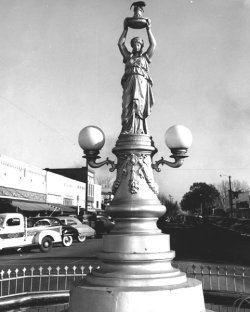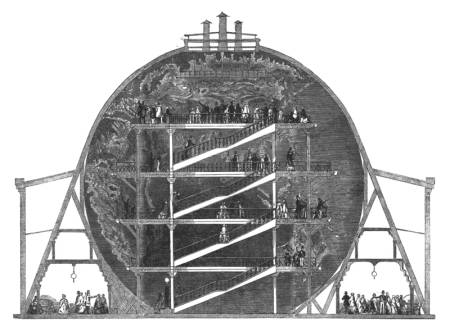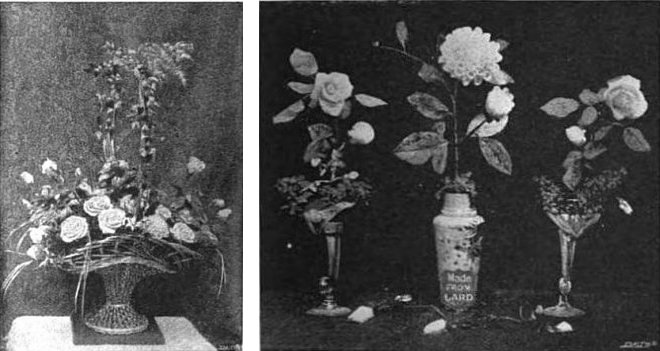
Enterprise, Ala., has the world’s only monument to an agricultural pest.
In the 1890s the Mexican boll weevil arrived in the American South and began ravaging Alabama’s cotton crop. By 1916 the insects had infested the whole state, inflicting $20 to $40 million each year in economic damages. Insecticides, controlled burning, and innovative planting schedules were tried, but nothing worked.
So local businessman H.M. Sessions convinced indebted farmer C.W. Bastion to try planting peanuts instead of cotton. When Bastion produced 8,000 bushels that year, neighboring farmers followed suit, and in 1917 Coffee County brought forth the largest peanut harvest in the nation.
Because the new, diversified crops proved more profitable than cotton, in 1919 local businessman Roscoe Fleming proposed dedicating a statue to the pest that had proven a “herald of prosperity,” and an $1,800 classical statue was commissioned from an Italian sculptor. Thirty years later, one Luther Baker fashioned a large weevil to place atop her outstretched arms. Might as well be explicit.




